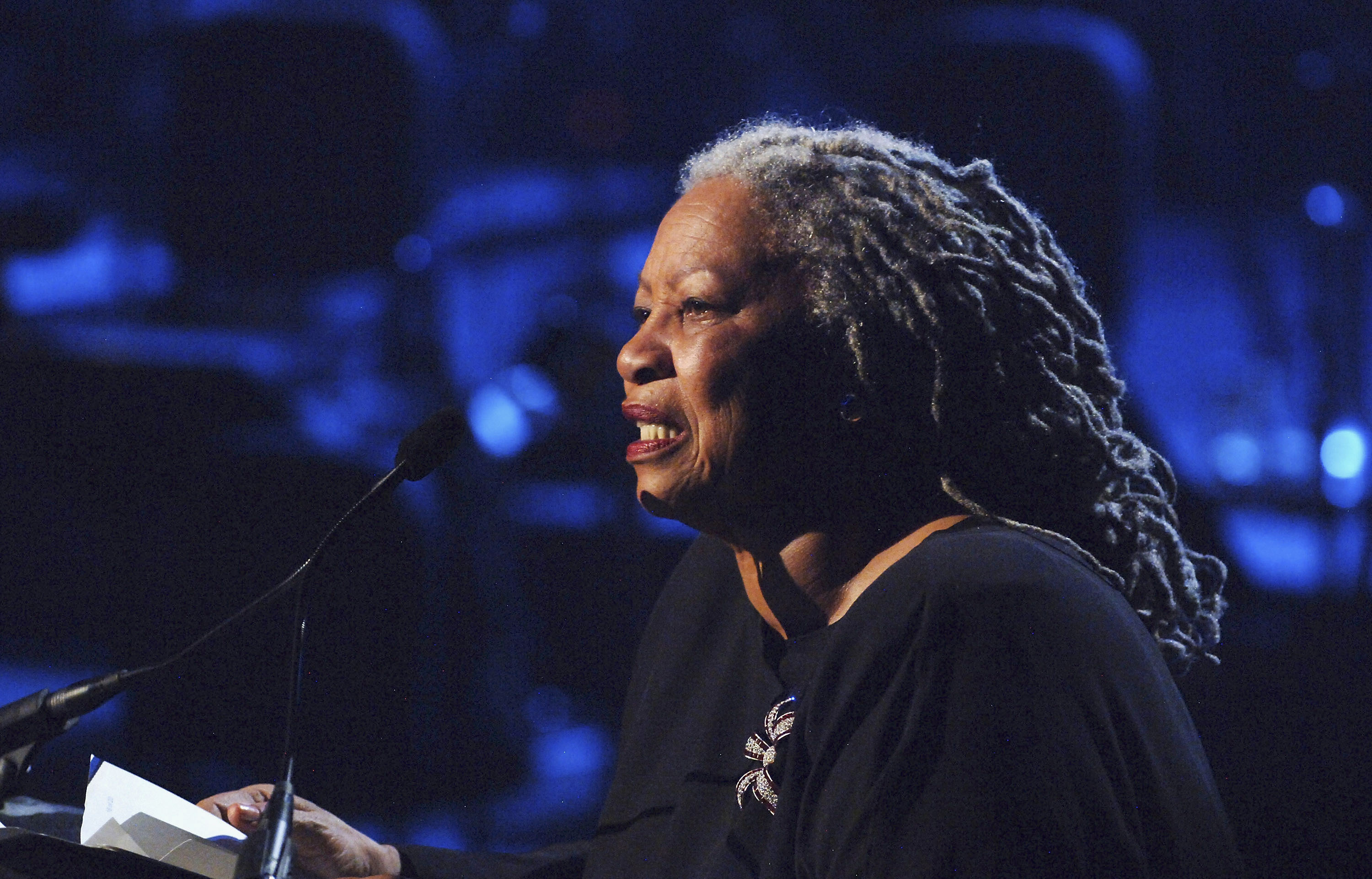Toni Morrison is gone. The famed author passed away peacefully, according to her publisher, but that was never really her style. On some level she likely went out fighting, not in the physical sense but in the intellectual, with a mind full of theories and philosophies that will travel on only with her. I can’t say I became a writer because of Morrison, but I can say I never quit writing—no matter how hard it got and hopeless it seemed—because of her. My fascination with her work began with a seemingly innocent phrase: “Black is beautiful.”
To keep things short, “Black is beautiful” is a cultural movement that began in the 1960s as a way of countering racist ideas of the American beauty standard. Black people, fighting for equal rights, were still battling their own demons in regards to centuries of stereotypes and propaganda that cast their skin color as ugly or evil. As a slogan, “Black is beautiful” was simple and great, and it should’ve made you feel proud as a black person.
But Morrison found the phrase superficial and reductive. For her, beauty in general was a sort of poison. “It can destabilize you if that’s all you have and that’s all you care about and that’s where your success comes from,” she told The Guardian in 2015. She tackled blackness and ideas of beauty in her seminal 1970 work The Bluest Eye, and she’s written about it in essays, such as her 1974 New York Times Magazine piece “Rediscovering Black History,“ saying:
It was precisely in that spirit of reacting to white values that later, when Civil Rights became Black Power, we came up with the slogan “Black Is Beautiful”—an accurate but wholly irrelevant observation if ever there was one. Aside from getting rid of the nagging problems of hair straighteners and Nadinola bleaching cream, aside from offering some relief to the difficulties of puberty (during which look-ing good and being popular are seemingly the only preoccupations), the slogan provided a psychic crutch for the needy and a second (or first) glance from whites. Regardless of those questionable comforts, the phrase was nevertheless a full confession that white definitions were important to us (having to counteract them meant they were significant) and that the quest for physical beauty was both a good and worthwhile pursuit. The implication was that once we had convinced everybody, including ourselves, of our beauty, then, then .. . what? Things would change? We could assert ourselves? Make demands? White people presumably had no objection to killing beautiful people.
I bring this up because, before Morrison, I never would’ve thought to question such a breezy, cute phrase. And that’s the gift she gave to all of us—not just writers and intellectuals: the nerve to want more. The audacity to look at something as minuscule as an expression, a B-movie, or a pop album, with real curiosity and rigor, and ask, “Is there something more to this?”
People are often too hard on negative criticism, dismissing it as cynical, rude, or cruel. But when wielded correctly, criticism is none of those things; it’s instead a way to investigate its subject and figure out what it’s missing and consider what it could be, whether it’s art, food, or a simple slogan meant to inspire. It is, in short, a desire for more. It’s hard to imagine the backlash that Morrison probably received for daring to challenge “Black is beautiful,” but the nerve to do so has meant more to me than anything else.
In her last collection of essays, 2019’s The Source of Self-Regard, she ends the opening chapter with some words of wisdom:
“Certain kinds of trauma visited on peoples are so deep, cruel, that unlike money, unlike vengeance, even unlike justice, or rights, or the goodwill of others, only writers can translate such trauma and turn sorrow into meaning, sharpening the moral imagination.
A writer’s life and work are not a gift to mankind; they are its necessity.”
Rest in peace Toni Morrison. We should never stop asking for more.





